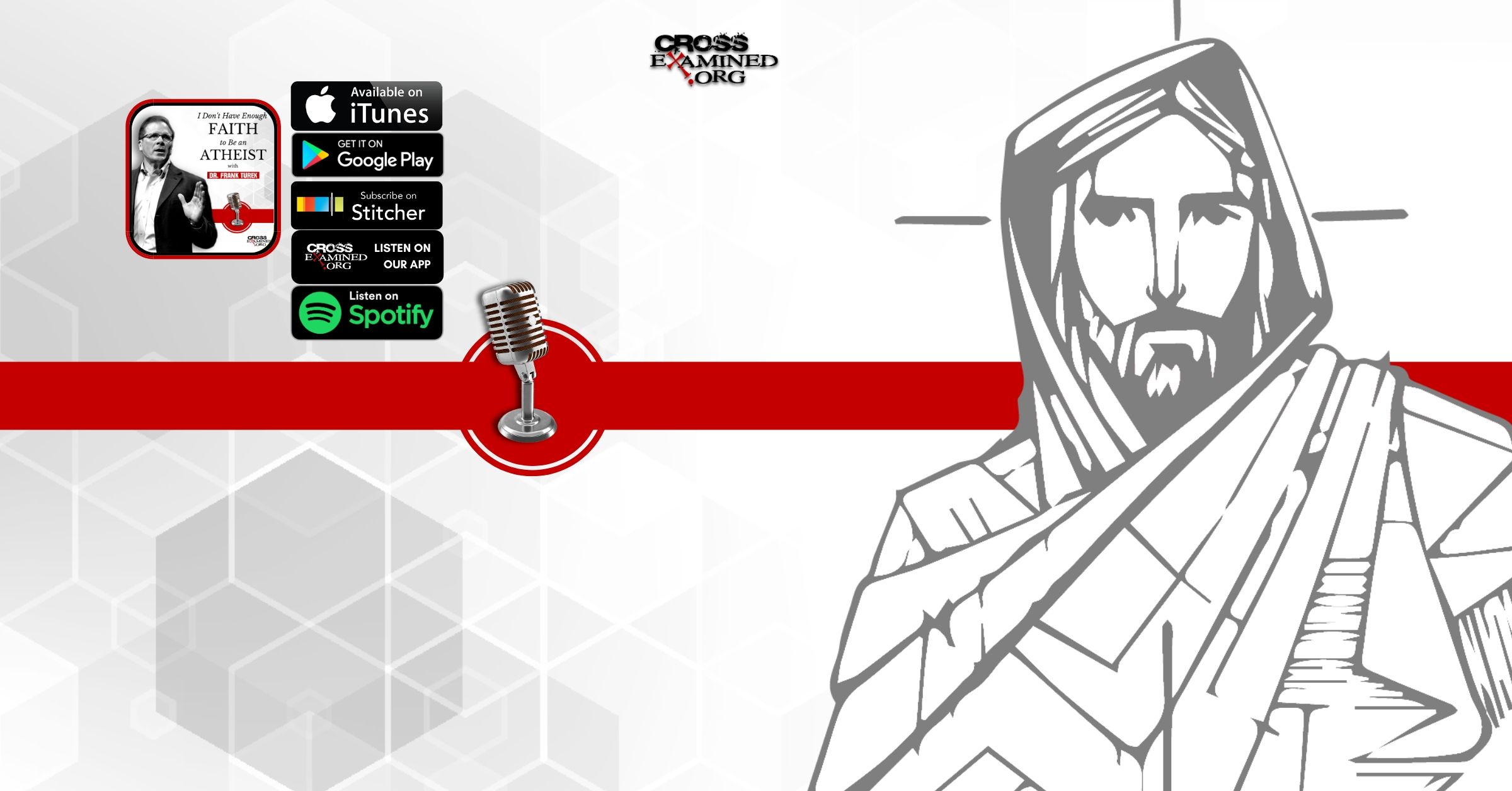By Luke Nix
Introduction
A while back, I saw an intriguing question on social media from a person who is in the middle of a worldview transition. This person is concerned about why so many Christians follow conservative economic theories and not more liberal ones. As I have thought about the question more and more, I have noticed not just a viable answer but also an apologetic opportunity in addressing this concern. Here is the question in the questioner’s own words and how I would respond:
The Question:
“I am going through a transition… From an atheist to someone who may not be Christian but does believe in a higher power.
My background is economics, and I am struggling with the fact that Christianity has aligned its self so heavily with the conservative party. I totally understand your aversion to abortion, but not the economic theory behind their chosen party.
Are there people here that don’t agree with the conservative economic theory, or is the abortion issue the main reason why you align with them?”
My Response:
Limited Government
I believe that the reason that most Christians align with conservative parties is because conservative parties tend to believe in a government that has limited power to legislate. All laws (including regulations that guide economics of a country) legislate morality. The more a government legislates morality, the further from a pluralistic society it promotes and starts to infringe upon differing moral views. Conservatives generally (*generally*) believe that the government should only legislate the basic morality that is “written on the hearts of all men” and should stay out of other matters. Norman Geisler and Frank Turek go into the details of this position in their book “Legislating Morality: Is It Wise, Is It Legal, Is It Possible.”
Intrinsic Human Value and Economics
When a government is limited in this manner, it has less control (some is definitely necessary) over
economics and leaves that control with the people.
Today’s popular view of economics for liberals is based on the intrinsic value of humans (see my post “Do Humans Have Intrinsic Value?“) and pushes for all to have a comfortable and healthy life. Neither of those desires are wrong or evil. In fact, both are very good. The goodness of the foundation and intentions of the liberals’ view should not be overlooked, nor should they be ignored. They need to be honored for the objective value that they ascribe to humanity and the objective good that they wish to achieve.
However, no one should forcibly take something from one person to give to another. Forcibly removing funds (such as for economic redistribution or universal anything) would violate not taking what is not yours (stealing). So, that method to achieve the goals cannot be used.
No view of economics should achieve its moral goal through immoral means; this includes both liberal and conservative economic views.
Free Will and Economics
The conservatives hold that people should freely give to those in need (which many do either directly or through charities). I know a lot of liberals see that many also do not, and they believe that this is not right (especially when we see the suffering in the world), but one person (or group of people) simply cannot do something evil to force another person or group of people to do what is right. It is neither logical nor moral to attempt to achieve a good end by intentionally doing evil acts.
Both sides have the free choice of their behavior and actions, and they also have to live with the consequences of their chosen behavior and actions. Those who do evil, both conservative and liberal, will be judged by the ultimate Judge. There will be justice ultimately- whether one side or both; both are held responsible. Most conservatives and Christians believe it is best that only those who refuse to be generous (and refuse to care for widows and orphans- James 1:27) be the ones suffering consequences, not those people and the ones who forcibly take (steals) what is not theirs (the funds of the selfish people) to “right the wrong.” We cannot repay evil with evil. We can encourage them to choose good behavior and actions instead of evil ones, but we cannot force their actions. It is their free choice and their consequences to be reaped.
Sin In Conservative Economics
Having said that, I must also point out that the failures of conservative economic policies (such as capitalism) are primarily due to the fact that people have chosen to practice those policies outside the correct moral framework. The Christian worldview provides a powerful explanation for this common behavior and skewed moral framework: sin. Such an exercise has resulted in much evil, but the answer is not another economic system (such as socialism) that will be practiced outside the correct moral framework too. The economic system (capitalism) is not necessarily the problem; the problem is the moral framework. That is what needs to be different.
And that leads me to my main point: we cannot merely set idly by in judgment of another’s evil decisions in the capitalist society, rather our recognition of the suffering of others due to evil choices not of their own is a call to self-assessment, self-judgment, and change. The Christian does not just watch the poor suffer at the hands of evil people because logic and morality forbid them to interfere in the affairs of the evil people. Instead, we must assess our own situation to make changes so that we can be the solution, so that “what (one) meant for evil, God meant for good” (Genesis 50:20).
“Give Like No One Else”
This does not require a change from capitalism and does not require us to use evil means to “right the wrong.” The foundational philosophy that drives the business of financial guru Dave Ramsey is this: “Live like no one else, so you can live and give like no one else.” The poor do not have to suffer because “in a moral capitalist society logic and morality do not permit us to force the rich to share their money”, rather the poor do not have to suffer because we have the free will to make the decision to make financial changes and sacrifices in our own lives so that we have excess to give to others.
Ramsey, though, explains in his book “Total Money Makeover” an important aspect of this kind of a change:
“To properly view behavior and to understand how to change behavior intelligently, we must consider several things. Behavior intelligently viewed takes into account the emotional, the relational, the family history, the socioeconomic impacts, and the spiritual. To ignore any of these while discussing behavior change about money is incomplete and a very naive.” (emphasis added)
I emphasized “spiritual” and the naivety of ignoring it because Ramsey goes on to say that the person must have a “heart-level makeover”. Without a change in our heart and worldview to accepting Jesus Christ’s sacrifice for our sins, we cannot have a heart-level makeover, and we are likely to fall into the same sin trap of the evil people who refuse to give to the poor. It is only through Christ that we can overcome this sin that we despise so much in others (Matt 7:1-5).
How This Discussion Leads to Christ
Earlier in the post, I pointed out that the intrinsic human value that grounds our moral outrage can only be found in the Christian worldview (via the doctrine of the Image of God). I also explained that only Christianity (through the recognition of man’s natural sinful state) can explain the evil behavior and actions (and will cause them to continue regardless of the economic system). Those who find the alignment of Christians with the conservative economic system of capitalism concerning must borrow from the Christian worldview in at least two areas to justify their concern (a third borrowing is also necessary for objective morality, which I didn’t expand on). Now, we see that the only logical and moral solution is through the affirmation of the truth of the Christian worldview (acceptance of Christ so that we can be the solution- the Body of Christ- again James 1:27). In the discussion of economics and the evil that has been seen, the skeptic of Christianity (who brings up these concerns) has four reasons on his or her economic concerns alone to accept the truth of the Christian worldview.
Conclusion
If our concern for the poor is authentic, and we truly want to see this issue solved, Christianity is the only option. Without Christ, there are only two equally despicable alternatives:
We either must resort to illogical and immoral means and “repay evil with evil.”
Or we must abandon our concern for the poor and just let them suffer at the hands of evil.
For the questioner who is in transition in their worldview, if this discussion is not enough to at least get them considering the truth of Christianity (perhaps they are tempted to accept one of the alternatives above), then I implore them to consider the evidence for the single historical claim that if it happened, Christianity is true and they have your answer to their economic concern, but if it did not happen, Christianity is false, and they are free to pick from the two options above. For the objective, historical evidence of the resurrection of Jesus Christ, I recommend these posts and books:
Did The Historical Jesus Rise From The Dead?
Book Review: Has Christianity Failed You?
Book Review: The Historical Jesus
Book Review: The Risen Jesus and Future Hope
Book Review: Cold-Case Christianity
NOTE: Along with the books I recommended above, I would also recommend another by Norman Geisler called “Christian Ethics: Issues and Options.” It goes into more detail about Christian morality and how it applies consistently across many different moral debates.
Recommended resources related to the topic:
American Apocalypse MP3, and DVD by Frank Turek
Correct, NOT Politically Correct: How Same-Sex Marriage Hurts Everyone (Updated/Expanded) downloadable pdf, Book, DVD Set, Mp4 Download by Frank Turek
Economics, Environment, Political Culture CD by Kerby Anderson
Government Ethics CD by Kerby Anderson
The Case for Christian Activism MP3 Set, DVD Set, mp4 Download Set by Frank Turek
You Can’t NOT Legislate Morality mp3 by Frank Turek
Economics, Environment, Political Culture CD by Kerby Anderson
Legislating Morality (mp4 download), (DVD Set), (MP3 Set), (PowerPoint download), and (PowerPoint CD) by Frank Turek
Legislating Morality: Is it Wise? Is it Legal? Is it Possible? by Frank Turek (Book)
Is Morality Absolute or Relative? by Dr. Frank Turek DVD, Mp3 and Mp4
Counter Culture Christian: Is There Truth in Religion? (DVD) by Frank Turek
Luke Nix holds a bachelor’s degree in Computer Science and works as a Desktop Support Manager for a local precious metal exchange company in Oklahoma.
Original Blog Source: http://bit.ly/2ZjSXX9










